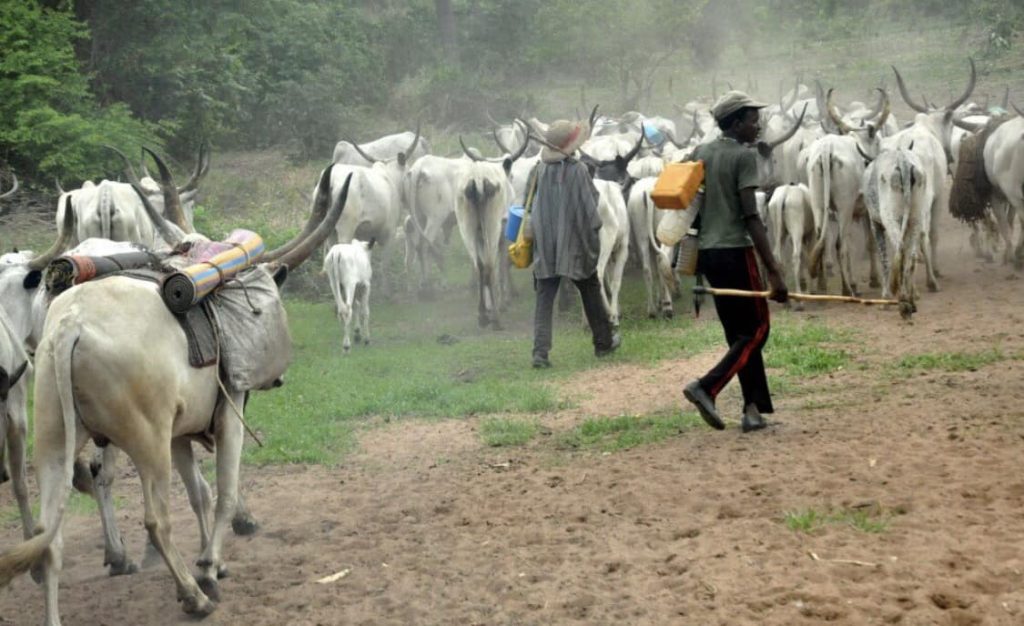Delta Air Lines has announced that each passenger aboard its flight that crash-landed in Toronto earlier this week will receive $30,000 in compensation. The airline confirmed this gesture on Wednesday, stating that it comes with no conditions attached and does not affect passengers’ rights to pursue further claims.
The Crash Incident
The accident occurred on Monday, February 12, 2025, when a Delta Air Lines Bombardier CRJ-900 aircraft departed from Minneapolis, Minnesota, USA, bound for Toronto Pearson International Airport.
As the plane attempted to land at Toronto’s main airport, it hit the runway with extreme force, flipped upside down, and caught fire. The impact caused a fireball and thick black smoke, with the aircraft skidding to a stop on its roof.
A total of 80 people were on board, including passengers and crew members. Miraculously, there were no fatalities. However, 21 passengers sustained injuries, with one person still hospitalized as of Wednesday morning.
Emergency responders arrived swiftly to evacuate passengers and provide medical aid. Many survivors suffered from back sprains, head injuries, and psychological trauma, including anxiety and headaches.
Eyewitness Accounts and Social Media Footage
The dramatic crash was captured on video and widely shared on social media. Verified footage showed the aircraft approaching the runway before slamming down, its wings being torn off, and finally flipping onto its back.
Passengers described a terrifying sequence of events, with flames and smoke filling the cabin as the plane came to a violent halt. Many credited quick action by the crew and emergency responders for preventing a major tragedy.
Investigation Underway
Following the accident, Canada’s Transportation Safety Board (TSB) launched an investigation into the crash, with assistance from:
- The US Federal Aviation Administration (FAA)
- Delta Air Lines
- Mitsubishi (which acquired the CRJ aircraft line from Bombardier in 2019)
Investigators are working to determine the cause of the hard landing and subsequent overturning of the aircraft. Initial reports suggest that weather conditions and possible mechanical issues could have contributed to the accident.
Compensation and Passenger Rights
Delta Air Lines quickly announced a $30,000 compensation package for each passenger as a goodwill gesture. A company spokesman emphasized that this payment is not tied to any legal waivers and does not prevent passengers from seeking further claims if they choose to.
“This gesture has no strings attached and does not affect the rights of passengers,” the Delta representative told AFP.
The compensation is expected to cover immediate medical expenses, lost belongings, and other inconveniences suffered by passengers due to the accident.
A String of Recent Aviation Accidents in North America
The Toronto crash is the latest in a series of recent aviation accidents in North America, raising safety concerns across the industry.
Recent incidents include:
- A mid-air collision in Washington between a US Army helicopter and a passenger jet, killing 67 people.
- A medical transport plane crash in Philadelphia, which resulted in seven fatalities.
While aviation remains one of the safest modes of transport, these recent accidents have intensified discussions about aircraft safety, pilot training, and maintenance protocols.
Next Steps
- Investigators will analyze flight data, weather conditions, and aircraft mechanics to determine what led to the crash.
- Delta Airlines will continue to provide support to affected passengers, including medical care and counseling.
- Passengers may pursue further legal claims if they believe negligence or mechanical failure played a role in the incident.
- Authorities will assess whether new safety measures need to be implemented to prevent similar accidents in the future.
Conclusion
The Delta Airlines Toronto crash could have been a major disaster, but thanks to swift emergency response and strong aircraft safety features, no lives were lost. As investigations continue, affected passengers will receive $30,000 each, while aviation experts work to uncover the cause of the accident and prevent future occurrences.












